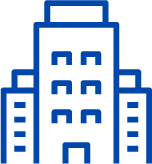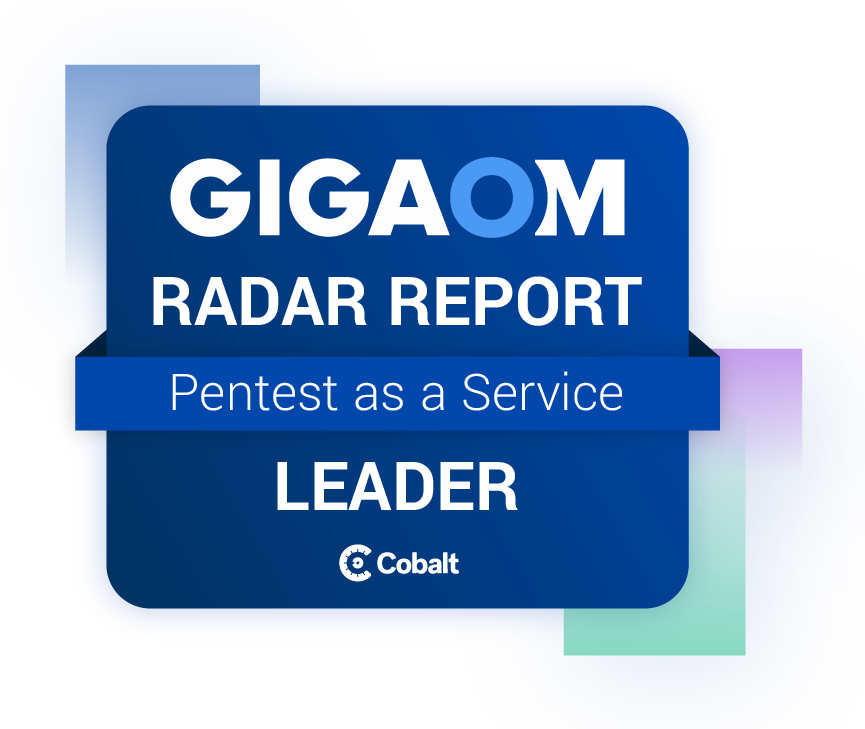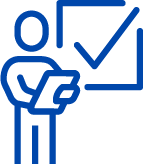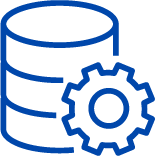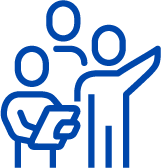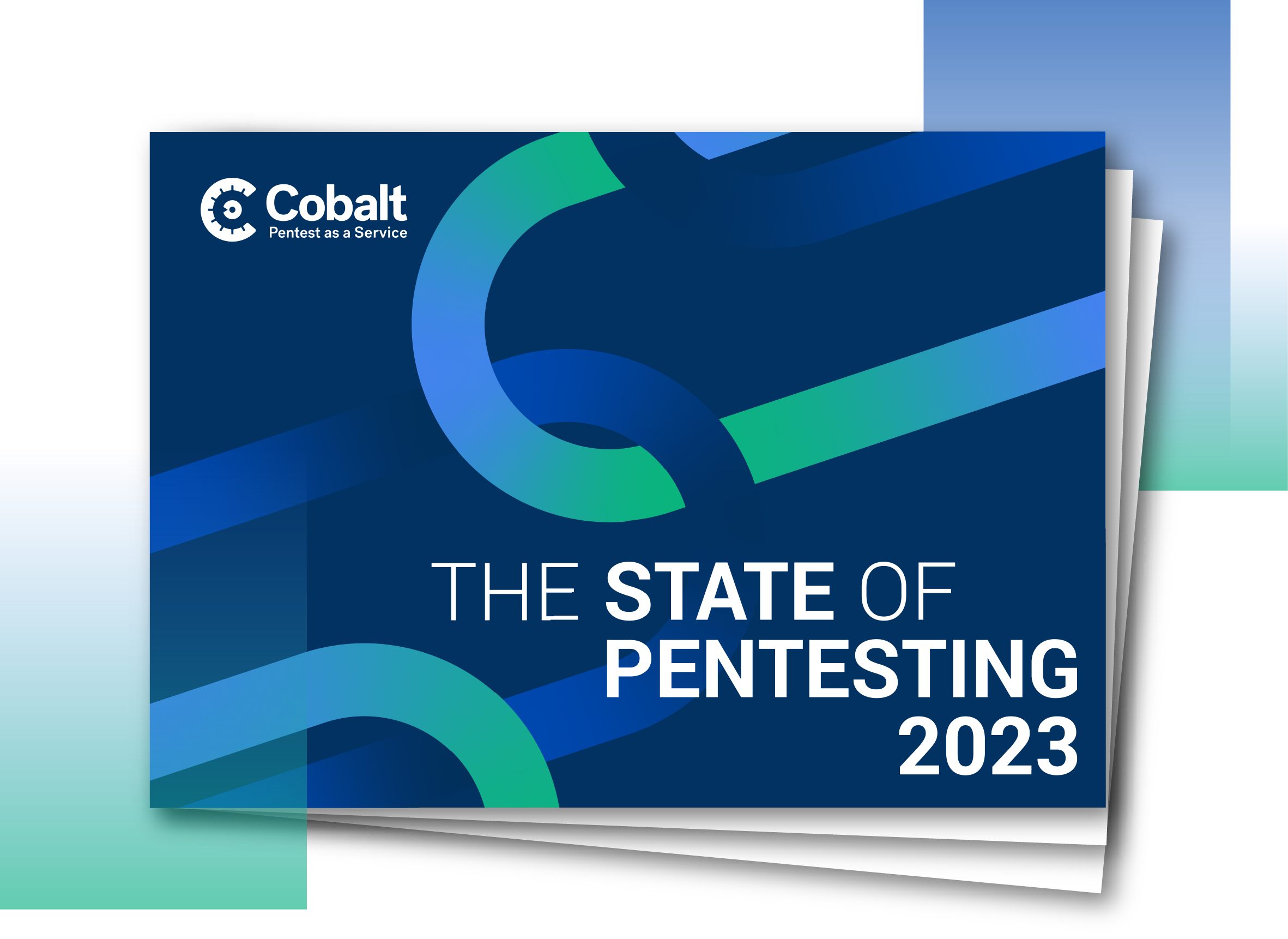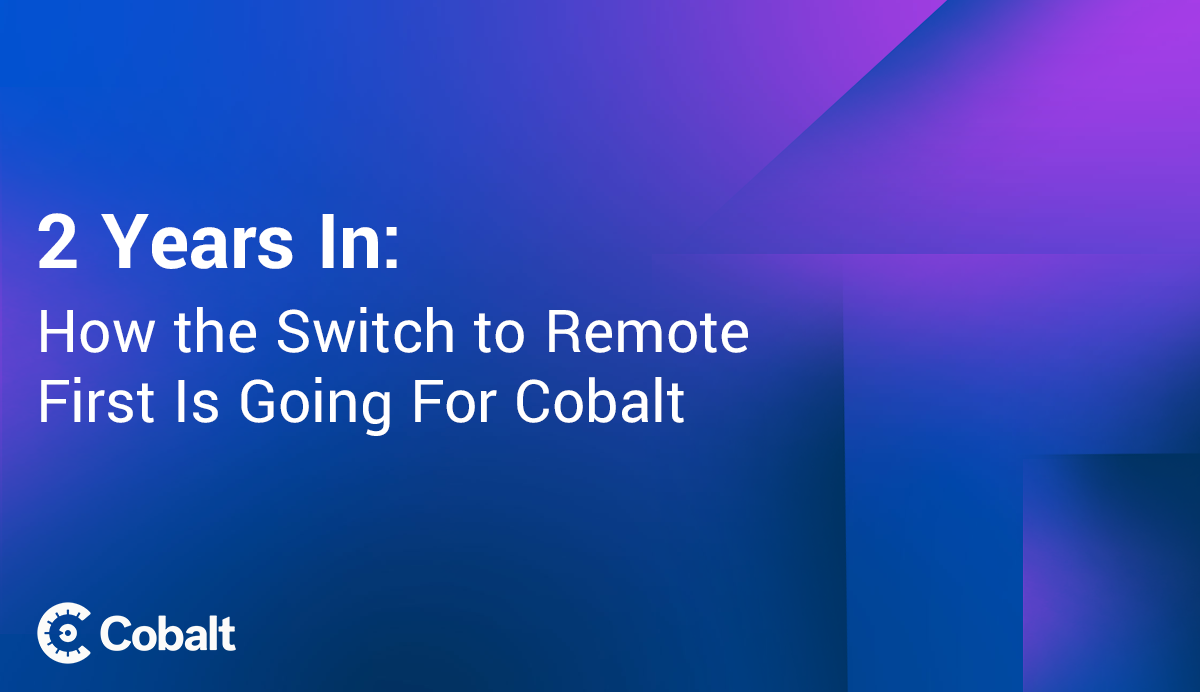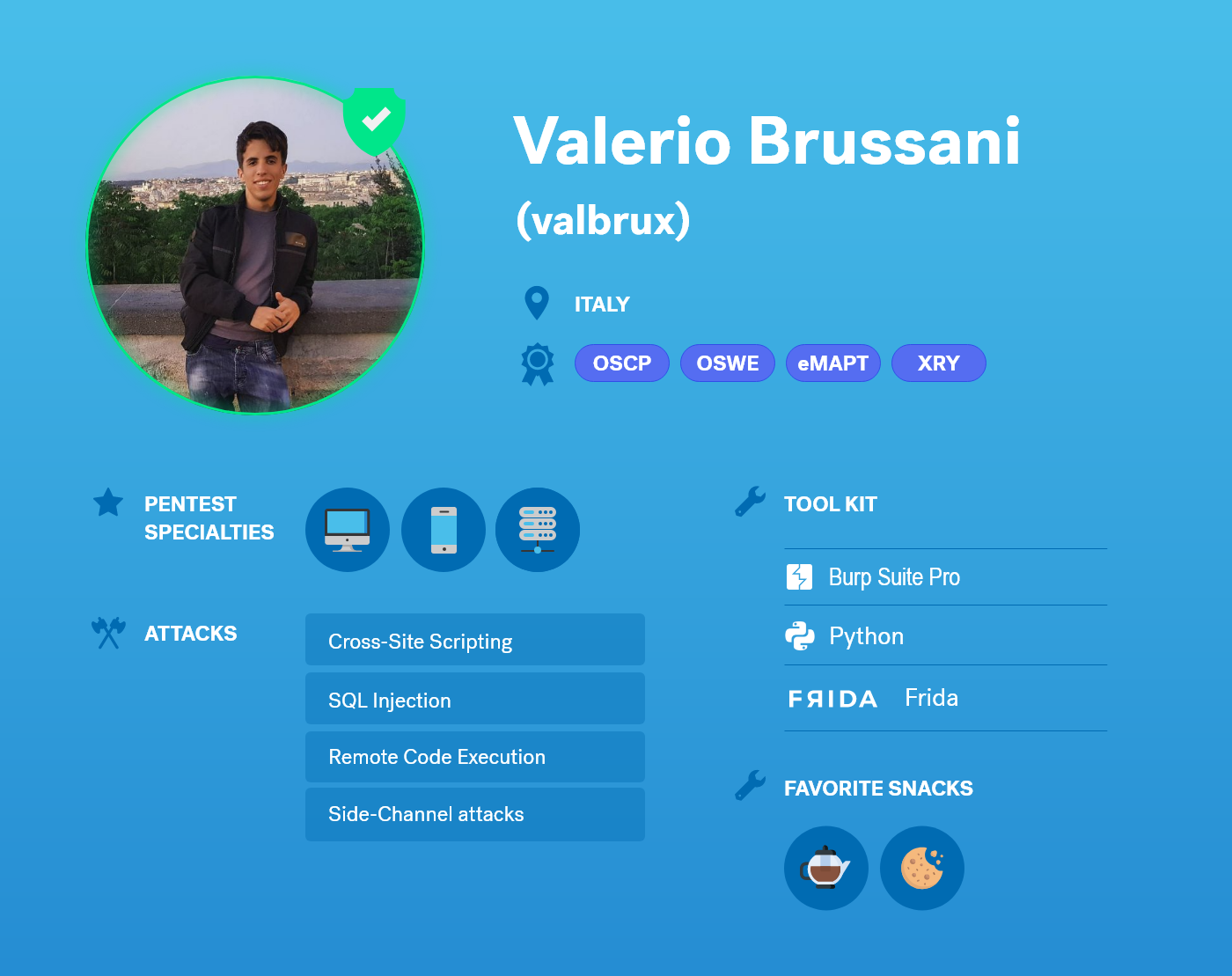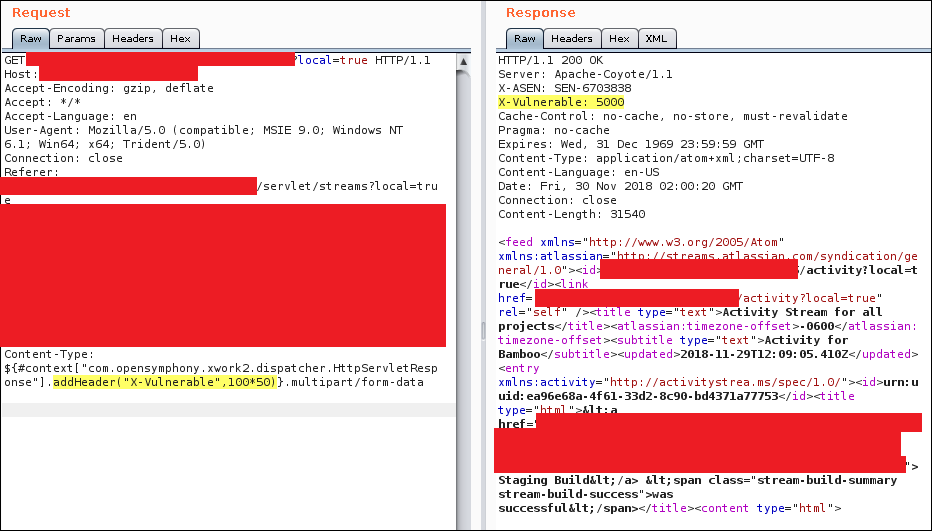Raise your hand if you love remote work. Raise your hand if you also find it challenging to cope with the lack of face-to-face interaction day in and day out. (My hand was up both times.)
Cobalt is a fully remote workplace, and on top of that much of the global population has spent the last couple of years at home during the COVID-19 pandemic. So things have been weird, to put it mildly.
All of this disruption can take its toll on our mental health, and on those around us. While working from home has brought many blessings for both companies and employees alike, it has also brought up a key issue: people are feeling disconnected.
For some it’s been challenging to spend hours on video calls and messaging apps, missing body language and context in conversations. For others, being physically disconnected from people they had developed deep bonds with has been tough.
This might not be the same for everyone, and different people experience connection differently, but I do think it’s important to talk about how the tech world can acknowledge and address this challenge.
Remote != Disconnected
Many companies had to take action during the pandemic. Some decided that to evolve, they had to shift their culture and practices to support the people that make the company what it is, through exceptionally difficult circumstances. Cobalt was one of those companies, as it shifted to a Remote First approach.
Remote First means establishing a culture of collaboration and companionship that transcends geographical boundaries. Creating an environment where teams can do great work together, and overcome challenges to not only succeed, but to thrive.
Remote First sounds like the key outcome is keeping folks apart, ditching rental contracts on office spaces and being comfortable just with video calls all the time. In reality, the opposite is true. It is about bringing people together in ways not possible before, enabling teams to communicate, interact, visit one another, and be productive across an array of diverse environments. It’s about creating flexibility and pairing that with compassion and the drive to understand what people need to be successful in their roles.
In this blog post from 2020, the team talks about the early challenges and wins of this approach, driven by two of the four Cobalt values; Lead with Grit and One Cobalt. The first stage of this journey was to embrace the change and to support Cobalt’s people; to look to our leaders for the answers, and help each other when the going got tough.
We found ways to interact when we weren’t working. We meditated together, we shared music. We allowed ourselves to be vulnerable, and made it clear it was okay not to be okay. The outcome? In the same year the pandemic started, Cobalt expanded its team by 50% , saw a revenue jump of 59%, and brought on 350 new customers while maintaining a Net Promoter Score averaging 70.
I’d say it pays off to focus on staying connected while working remotely.
Two years in, how are we doing?
Cobalt is on a journey to discover what it means to connect its humans in a world that keeps changing. In-person events are making a comeback, Friday beers in the office are a thing again, and folks who live round the corner from a hub are choosing to stay in their living room as that’s their ideal mode when it comes to work. How do we know what’s working and what’s not? We ask. Candidly, responsibly, and often — how people are doing. How well they are supported. And what we can do to help.
Our other core values come into focus: Quality At Speed and Humble Learning. We’re moving to a place where transparency and integrity are key to everything we do:
- We share by default.
- We commit to learning as a collective and empowering others with knowledge.
- We assume good intent, even when times get tough.
- We turn personal conflict into task conflict, where we work together to tackle problems, not each other.
- We focus on outcomes, and seek to measure how well we did.
A great example of sharing by default at Cobalt is the way we schedule meetings. Everyone’s calendar is open by default. It’s possible to check meeting conflicts, and help propose updates. It’s also incredibly personal, as people regularly schedule time for yoga, decompression, and picking kids up from school. This grounds us, and reinforces the value that we place on a healthy work/life balance.
The strength of the bonds we forge will ultimately impact how successful we are as a company, and we are betting big on people.
As Peter Drucker so eloquently put it:
Culture eats strategy for breakfast.
It’s exciting to be a part of a transformational shift in what work means — and inspiring to be supported by companies that embrace this shift.
